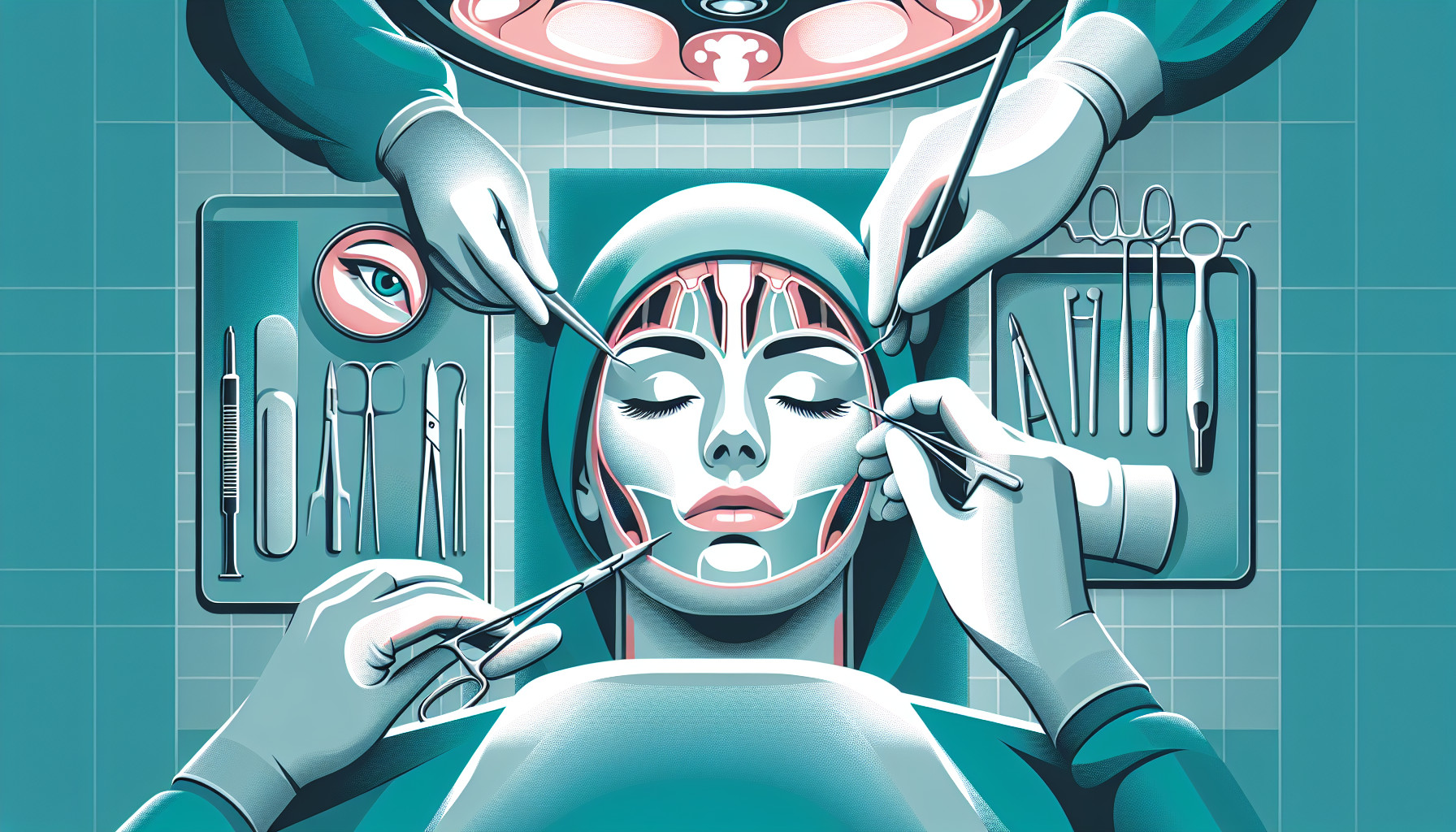Our Summary
This study wanted to figure out if a certain type of jaw surgery, called bimaxillary orthognathic surgery, leads to an increased chance of people developing obstructive sleep apnea (OSA). Obstructive sleep apnea is a condition where a person’s breathing stops and starts while they are sleeping.
The researchers looked at people who were healthy but had a specific type of jaw deformity. They used a home sleep test to monitor whether these people had sleep apnea before the surgery, and then one month and six months after the surgery.
They found that after the surgery, the number of times people stopped breathing (measured by the apnea-hypopnea index or AHI) initially increased but then decreased again six months after. They also found that people who had more significant adjustments to their jaw in surgery had a higher AHI score.
But overall, the surgery did not increase the chance of developing sleep apnea in young, healthy, non-overweight people, even if they had their jaw moved back up to 7 millimeters.
FAQs
- Does bimaxillary orthognathic surgery lead to an increased chance of developing obstructive sleep apnea?
- How does the severity of jaw adjustment during surgery affect the chances of developing sleep apnea?
- How does the apnea-hypopnea index change before and after bimaxillary orthognathic surgery?
Doctor’s Tip
A doctor might tell a patient considering orthognathic surgery that while there may be an initial increase in the number of times they stop breathing while sleeping, this should improve over time and not necessarily increase the risk of developing obstructive sleep apnea in the long term. It is important for patients to discuss any concerns about sleep apnea with their doctor before and after surgery to ensure proper monitoring and management.
Suitable For
Patients who are typically recommended for orthognathic surgery are those with jaw deformities that affect their bite, speech, chewing, or facial symmetry. These patients may have conditions such as:
- Severe underbite or overbite
- Facial asymmetry
- Difficulty chewing or biting
- Temporomandibular joint (TMJ) disorders
- Obstructive sleep apnea
- Breathing problems due to jaw misalignment
- Facial trauma or injury
Orthognathic surgery is often recommended for patients who have completed their facial growth, typically around late teens to early twenties. It is important for patients to have a thorough evaluation by an orthodontist and oral and maxillofacial surgeon to determine if orthognathic surgery is the best treatment option for their specific jaw condition.
Timeline
Before orthognathic surgery:
- Patient undergoes consultations with orthodontist and oral surgeon to determine the need for surgery and develop a treatment plan.
- Patient may undergo pre-surgical orthodontic treatment to align teeth and prepare for surgery.
- Patient undergoes pre-surgical testing and evaluations to ensure they are healthy enough for surgery.
After orthognathic surgery:
- Surgery is performed to correct jaw alignment and improve facial symmetry.
- Patient may experience swelling, bruising, and discomfort in the days following surgery.
- Patient follows a liquid or soft diet for a period of time to allow for healing.
- Patient attends follow-up appointments with the surgeon to monitor healing progress.
- Patient may undergo post-surgical orthodontic treatment to fine-tune bite alignment.
- Patient experiences improved facial aesthetics and function as the jaw heals and settles into its new position.
What to Ask Your Doctor
- What is the purpose of orthognathic surgery in my case?
- What are the potential risks and complications associated with orthognathic surgery?
- How long is the recovery process and what can I expect during the post-operative period?
- Will I need to follow a special diet or take any medications after surgery?
- How will orthognathic surgery affect my speech and ability to chew?
- Will I need to wear braces before or after the surgery?
- What are the long-term outcomes and success rates of orthognathic surgery for my specific condition?
- Will orthognathic surgery have any impact on my facial appearance?
- Could orthognathic surgery potentially worsen any existing medical conditions I have?
- Will I need any follow-up appointments or additional treatments after the surgery?
Reference
Authors: Abbasi S, Rahpeyma A, Shooshtari Z, Rezaeetalab F, Vaezi T, Samieirad S. Journal: J Oral Maxillofac Surg. 2022 Aug;80(8):1340-1353. doi: 10.1016/j.joms.2022.04.010. Epub 2022 Apr 25. PMID: 35594908
